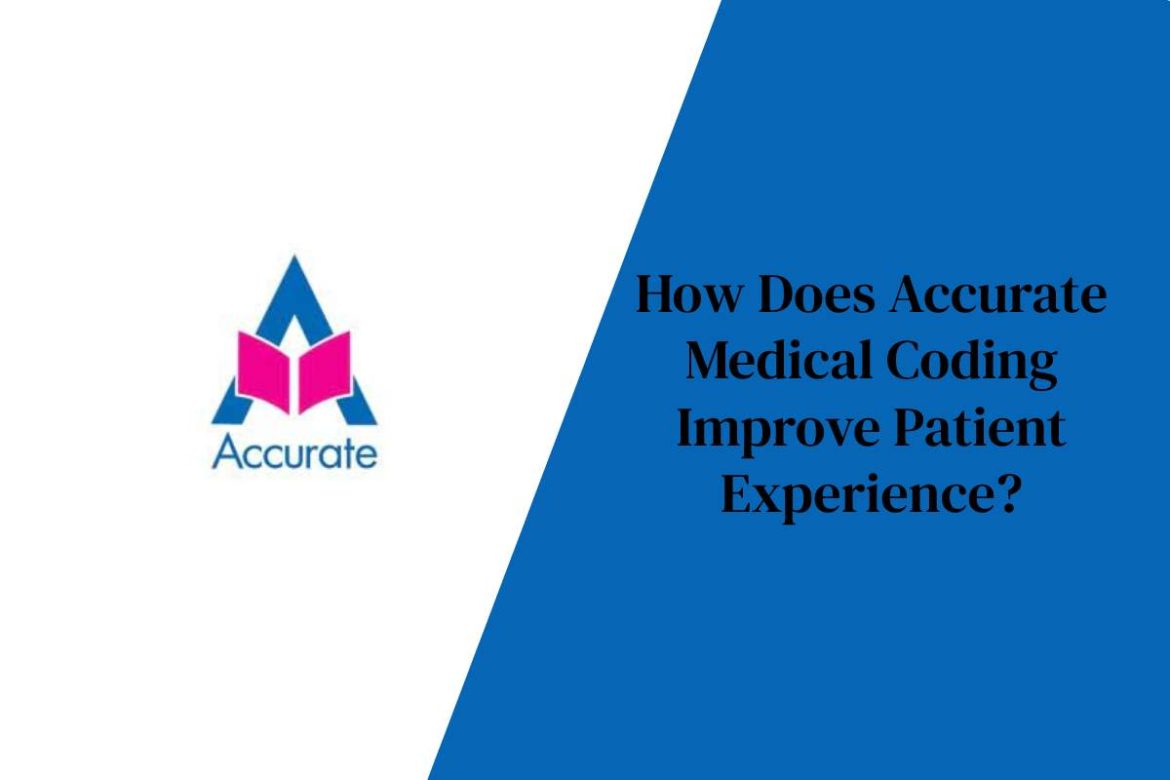Medical coding is the practice of translating patients’ crucial medical information into simple codes for ease of medical record documentation, billing, and reimbursement during health claims. When done accurately, medical coding can streamline the process of not just making healthcare claims but also receiving reimbursements.
Table of Contents
What is Medical Coding?
Medical coding is a vital component of the healthcare claim cycle. It is the translation of healthcare services – including diagnosis, medical procedures, and equipment into unique codes for a patient, which can be used to track their history and facilitate the billing and insurance healthcare claims.
The medical coding process involves transcribing appropriate documentation, adding the correct procedure and diagnostic codes, and developing a claim that can be submitted to the insurance companies. Accurate medical coding can help insurance companies understand healthcare costs by deeming which procedure is necessary for what illness or injury. At an individual level of insurance payers or patients, accurate medical coding can help them understand individual financial responsibilities and keep their medical records efficient.
How Can Inaccurate Medical Coding Affect Insurance Companies?
Inaccurate or incorrect medical coding can affect insurance companies leading to potential overpayments, missed revenue, or even potential lawsuits whereby patients can claim that the companies are abusing their reimbursement policies. It can also tremendously affect staffing as follow-ups on inaccurate claims processing increase. Therefore, medical coding services play an important role in protecting the interests of insurance companies.
How Does Inaccurate Medical Coding Affect the Patient?
Inaccurate medical coding has grave consequences for insurance companies but graver consequences for the patient. Some of them include the following:
- Insurance claim concerns: Medical coding errors have resulted in almost 50% of claim denials, HIPAA violations, loss of revenues, and legal lawsuits. A patient can face jail time if insurance companies claim insurance fraud, not to mention the hefty fines. Not just that, once the claim is rejected, it is not processed in the regular revenue stream, and hence, healthcare providers do not get billed in regular revenue cycles. This delay affects the regular pay-outs, and an additional workforce requirement rises due to the need to re-identify and resubmit the claim. Even then, the insurance provider doesn’t need to agree to the total pay-out, thus leaving the patient in a massive financial crisis. To prevent this, medical billing and coding services have become a niche service left to qualified professionals that can accurately transcribe medical information to codes.
- Patient satisfaction: Medical coders play an important role in not just paving the way for a smooth revenue cycle but also improving patient satisfaction. Accurate medical coding can align the history of patients with their current health, helping doctors assess their health status better with more relevant diagnoses – resulting in better outcomes and better patient satisfaction. Medical coding errors often result in information gaps in patients’ welfare, which can negatively impact their hospital experiences. Complicated medical billing services can also make it worse for patient satisfaction scores, affecting their quality of care.
- Patient Safety: Accurate medical coding can help identify medical trends – meaning that with accurate medical records, medical coders can help identify conditions that may be precursors to complications. This is also useful in identifying issues with healthcare quality which can eventually influence insurance management, healthcare policy planning, and even public health management. Patient safety is also influenced by the type of conditions transcribed – such as those resulting from extended hospital stays if coded correctly.
How Can Medical Coding Services Ensure Accuracy?
Medical coding accuracy is pertinent for patient safety, satisfaction, and a smooth revenue cycle. Therefore, medical coding services need to ensure that accurate coding takes place. Some of the policies they can adhere to provide the same are as follows:
- Obtaining and aligning data obtained from medical records and clinical documents
- Verifying the correctness and factuality of patient data obtained from the source – including physicians, surgeons, and other healthcare professionals
- Checking for missing information that can lead to potential insurance claim denials/rejections
- Selecting and assigning accurate medical codes
- Ensuring that all bills adhere to the coding guidelines laid down by agencies
- Keeping the medical staff informed about coding requirements
Final Words
Medical coding is a task undertaken by qualified professionals who can make sense of medical data before transcribing them as deemed appropriate. Unfortunately, human errors are common and can affect efficiency, delayed patient care, or negative patient satisfaction. Therefore, finding a streamlined service that ensures quality services at every step is necessary to prevent negative repercussions. Due to the sensitive nature of medical data, all medical coding processes must go through intensive and rigorous quality checks to ensure a smooth billing cycle, better patient care, and fewer medical errors.


